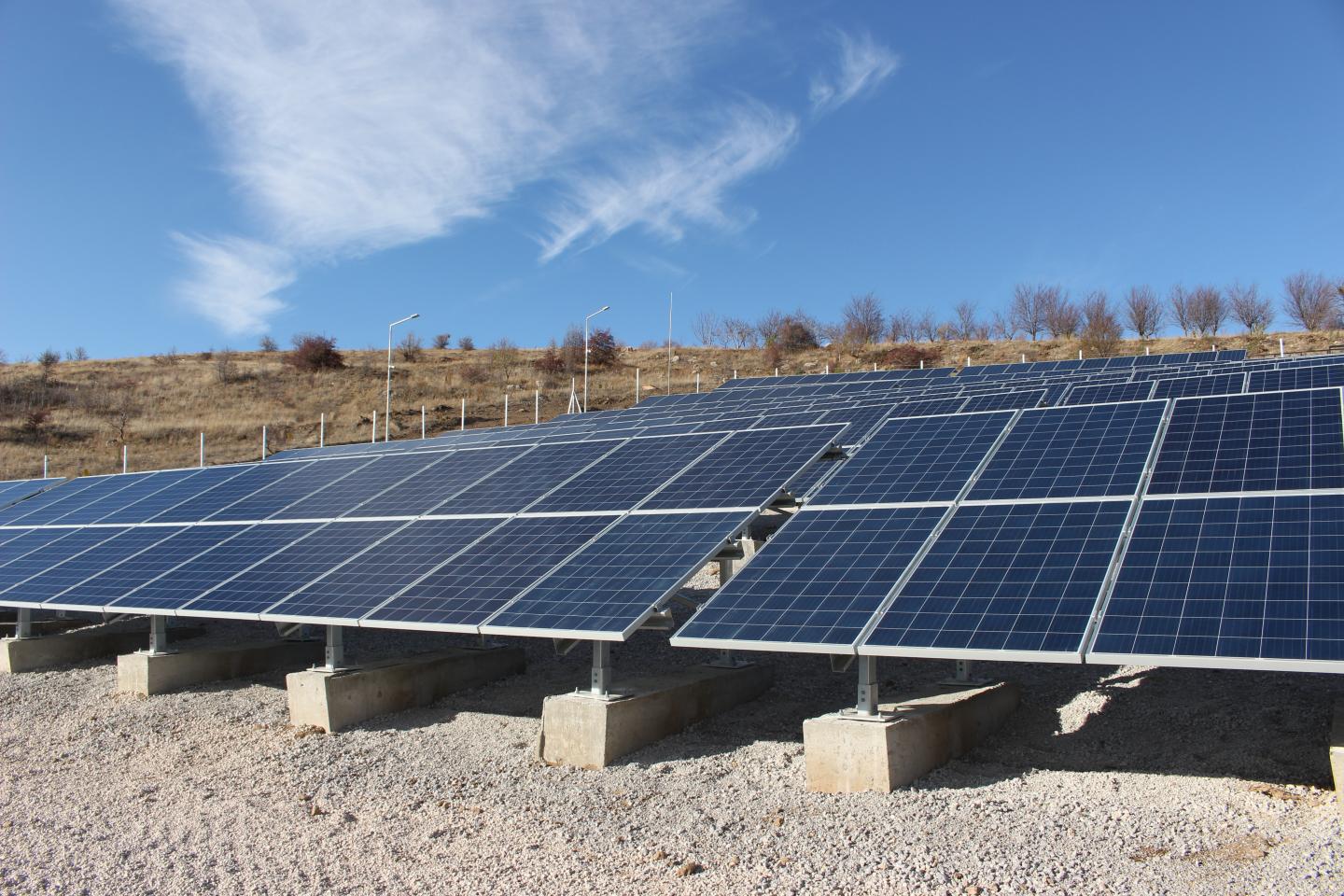By Angeliki Ktoridi
While the world faces numerous pressing issues, one that requires better understanding is the energy crisis and division in Cyprus, a Mediterranean island just below Turkey, and nestled between Greece, Israel and Egypt. The energy crisis and division in Cyprus are interconnected issues that demand urgent attention to improve the wellbeing of its citizens, both Greek and Turkish Cypriots.
Beginning in the late 2000s, Cyprus’s government realised the dire need for renewable and cost-efficient electricity for all. Throughout the country, many low-income families find it difficult to live their day-to-day lives as they spend most of their monthly income on expensive electricity, especially during the winter months, to pay for heating, and cooling in the hot summer.
Cyprus, positioned 574 miles away from the closest European Union fellow member, faces a unique challenge in transferring energy efficiently due to its isolation from the rest of the EU. Recent discoveries of cheaper natural gas will take years to develop for the public benefit.
This energy crisis may not seem so dire at the surface, but when one realizes how much the Cypriot people are struggling to maintain electricity in their households, it becomes a much more dire issue that needs to be addressed.
Additionally, the Greek-Cypriot government has struggled for decades between the division of the northern and southern part of the island, making it even more difficult to come together and face the country’s problems as a united nation. This has led to a rise in human rights problems in Cyprus due to this Turkish occupation and conflict that has been maintained throughout the years. It is dire to address this issue to better integrate the country so that other issues, such as the energy crisis, can be resolved.
Feeling of division
Due to the buffer zone that the United Nations established in the mid-1960s to maintain a relatively calm relationship between the two communities, it instills into the Cypriot people an ongoing feeling that there still is a division in the country. This buffer zone, although has helped mediate these relations, should not have been a permanent fix.
Therefore, a crucial step is transforming the UN buffer zone in Cyprus into a green zone, better utilising the abundance of solar energy, which would foster unity and enable collective efforts to address the country’s overall issues, particularly the energy crisis. This ongoing division of Cyprus might seem small to those unfamiliar with it, but it profoundly impacts both the Turkish and Greek communities on this Mediterranean island.
This obstacle to integrate the country and form a better Greek-Turkish relationship has caused a barrier in the country’s real need to focus on issues that will improve the livelihood of the entire population, such as establishing renewable and affordable energy for all.
Angeliki Ktoridi is an International Studies candidate at the Morrissey College of Arts and Sciences, Boston College








